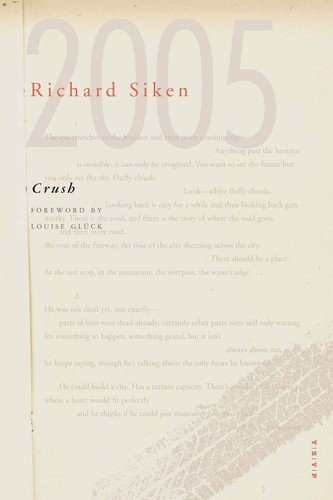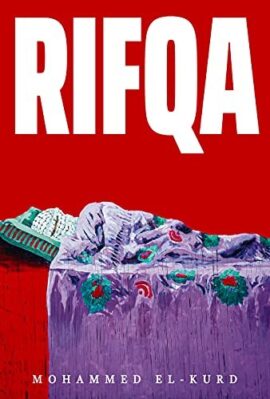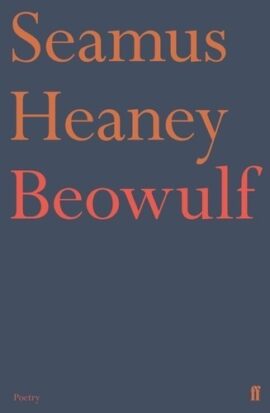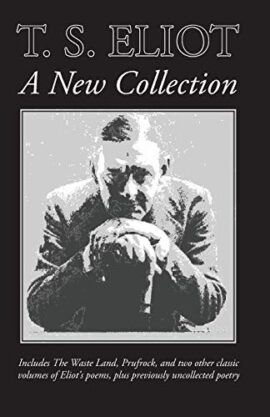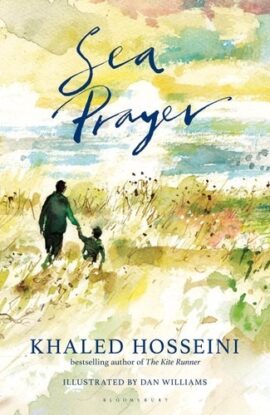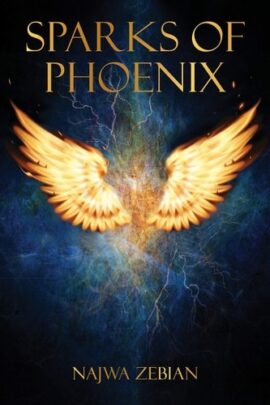Crush
4.800,00 د.ج
Finalist for the 2005 National Book Critics Circle Award in Poetry—an erotic, powerful collection
“One of the best books of contemporary poetry.”—Victoria Chang, Huffington Post
“Vital, immediate, and cinematic in scope.”—Library Journal (Best Poetry of 2005)
Selected by Nobel Prize laureate and competition judge Louise Glück as the 2004 winner of the Yale Younger Poets prize, Richard Siken’s Crush is a powerful collection of poems driven by obsession and love. Siken writes with ferocity, and his reader hurtles unstoppably with him. His poetry is confessional, gay, savage, and charged with violent eroticism. In the world of American poetry, Siken’s voice is striking.
In her introduction to the book, Glück hails the “cumulative, driving, apocalyptic power, [and] purgatorial recklessness” of Siken’s poems. She notes, “Books of this kind dream big. . . . They restore to poetry that sense of crucial moment and crucial utterance which may indeed be the great genius of the form.”
Finalist for the 2005 National Book Critics Circle Award in Poetry—an erotic, powerful collection
“One of the best books of contemporary poetry.”—Victoria Chang, Huffington Post
“Vital, immediate, and cinematic in scope.”—Library Journal (Best Poetry of 2005)
Selected by Nobel Prize laureate and competition judge Louise Glück as the 2004 winner of the Yale Younger Poets prize, Richard Siken’s Crush is a powerful collection of poems driven by obsession and love. Siken writes with ferocity, and his reader hurtles unstoppably with him. His poetry is confessional, gay, savage, and charged with violent eroticism. In the world of American poetry, Siken’s voice is striking.
In her introduction to the book, Glück hails the “cumulative, driving, apocalyptic power, [and] purgatorial recklessness” of Siken’s poems. She notes, “Books of this kind dream big. . . . They restore to poetry that sense of crucial moment and crucial utterance which may indeed be the great genius of the form.”
| Editeur |
|---|
Produits similaires
Rifqa
Harmony
i am finally finding a balance,
a great harmony
between the loss
and the love,
between who i was
and who i have become
In this exquisite poetry collection, Whitney Hanson, chronicles the loss of a loved one, tracing the progression of grief and healing through the lens of music.
We each begin with a simple note, but as life progresses, we’re led to the next note, and the next—all of which combine to form the melody of a song and a life. As life becomes more complicated and complex, we find that loss, grief, and heartache can muffle our music, making the world go silent.
But as Whitney’s poems show, all of these rests and pauses in the music are part of the composition of life, and it is only by moving through the variations that we can find the harmony and grace that come with healing.
Beowulf: A New Translation
In his new translation, Seamus Heaney has produced a work which is both true, line by line, to the original poem, and an expression, in its language and music, of something fundamental to his own creative gift.
T. S. Eliot: A New Collection
Sea Prayer: The Sunday Times and New York Times Bestseller
On a moonlit beach a father cradles his sleeping son as they wait for dawn to break and a boat to arrive. He speaks to his boy of the long summers of his childhood, recalling his grandfather's house in Syria, the stirring of olive trees in the breeze, the bleating of his grandmother's goat, the clanking of her cooking pots. And he remembers, too, the bustling city of Homs with its crowded lanes, its mosque and grand souk, in the days before the sky spat bombs and they had to flee. When the sun rises they and those around them will gather their possessions and embark on a perilous sea journey in search of a new home.
Khaled Hosseini is one of the most widely read and beloved authors. His novels The Kite Runner, A Thousand Splendid Suns and And the Mountains Echoed have sold over 55 million copies all over the world. Hosseini is a Goodwill Ambassador for UNHCR, the UN Refugee Agency, and the founder of The Khaled Hosseini Foundation, a not-for-profit organisation which provides humanitarian assistance to the people of Afghanistan. He was born in Kabul, Afghanistan, and lives in northern California.
Dan Williams is a London-based artist whose illustrations accompanied an extract of A Thousand Splendid Suns in the Guardian when it was first published 15 years ago. His work has also appeared in National Geographic, Rolling Stone and the Wall Street Journal, amongst many other publications. dan-williams.
Mind Platter
Mind Platter is a compilation of reflections on life as seen through the eyes of an educator, student, and human who experienced her early days in silence. It is written in the words of a woman who came from Lebanon to Canada at the age of sixteen and experienced what it was like to have fate push her to a place where she didn't belong. It is written in the voice of every person who has felt unheard, mistreated, misjudged, or unseen.
The book contains over 200 one-page reflections on topics we encounter in our everyday lives: love, friendship, hurt, inspiration, respect, motivation, integrity, honesty, and more. Mind Platter is not about the words it contains, but what the reader makes of them. May this book give a voice to those who need one, be a crying shoulder for those who yearn for someone to listen, and inspire those who need a reminder of the power they have over their lives.
Sparks of Phoenix
As the phoenix emerges from its ashes, Zebian emerges ablaze in these pages, not only as a survivor of abuse, but as a teacher and healer for all those who have struggled to understand, reclaim, and rise above a history of pain.
The book is divided into six chapters, and six stages of healing: Falling, Burning to Ashes, Sparks of Phoenix, Rising, Soaring, and finally, A New Chapter, which demonstrates a healthy response to new love as the result of authentic healing.
With her characteristic vulnerability, courage, and softness, Zebian seeks to empower those who have been made to feel ashamed, silenced, or afraid; she urges them, through gentle advice and personal revelation, to raise their voices, rise up, and soar.

